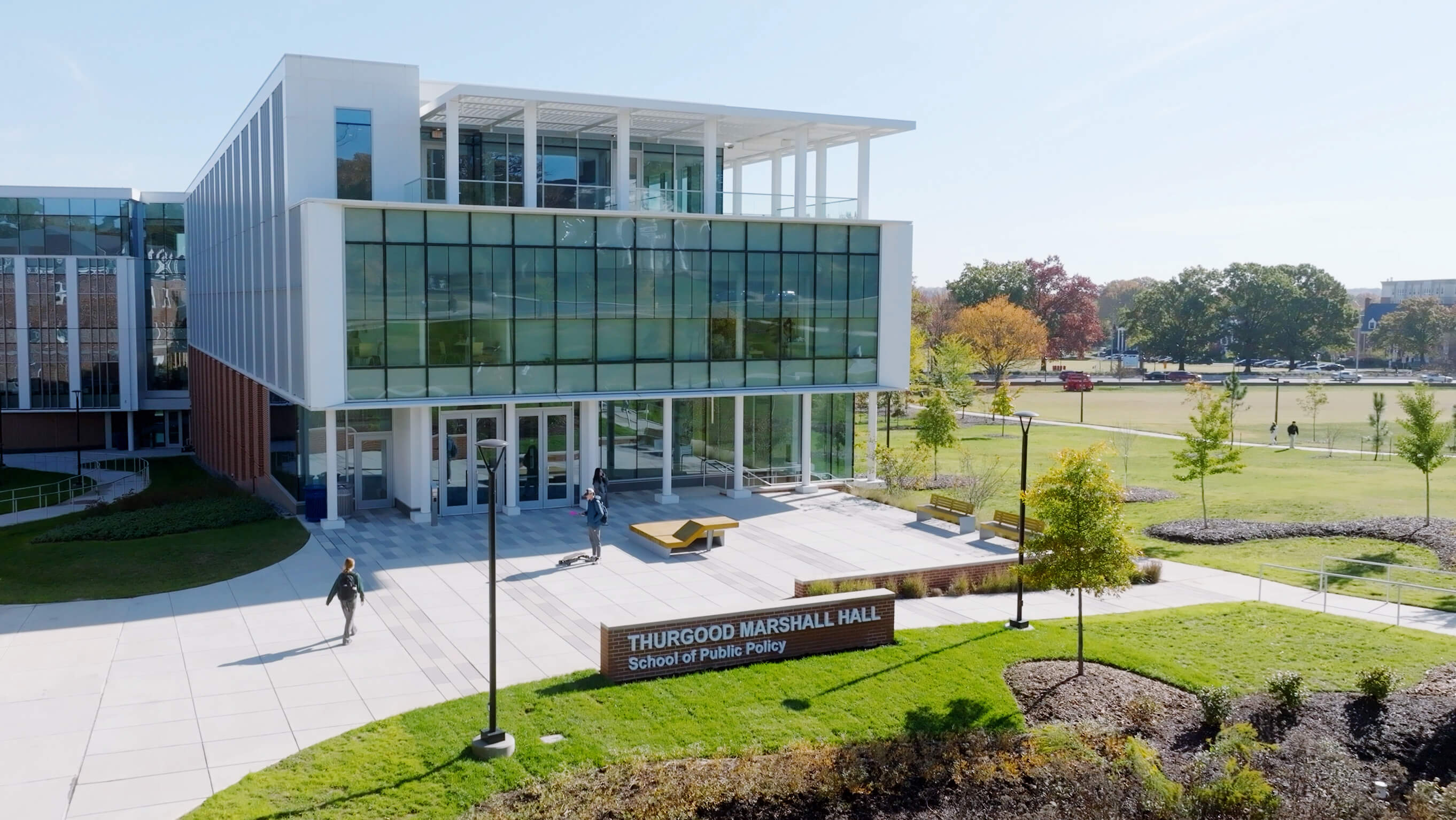
Security studies are often associated with governance and military affairs, but graduate student and Fulbright Scholar Maria Atanasova brings a broader and more nuanced perspective. Her research explores the intersection of security, social policy and minority rights, illustrating the field’s complexity and relevance across societal contexts.
Atanasova’s interest in these issues is rooted in her lived experience as a member of the Romani community in Bulgaria. “Growing up in a minority community, even in a European context, gives you a different perspective and way of thinking,” she notes. Her heritage has shaped her understanding of the systemic challenges faced by marginalized groups in Europe and around the world.
Atanasova began her studies focused on social policy but shifted toward security studies after recognizing its connection to social justice. This interdisciplinary approach provides a unique perspective for understanding global issues.
A pivotal moment in Atanasova’s development came through the Fulbright Program. Already holding a master’s degree in political science from Central European University in Vienna, Atanasova saw Fulbright as a chance to immerse herself in a new political and cultural environment. At the University of Maryland, she expanded her understanding of justice and policymaking.
Moving from Europe to the U.S. was not without challenges. “It was a cultural and political shock at first, but that helped me challenge my own perceptions, even stereotypes, and rethink my understanding of many things,” she reflects. “I am very grateful for these diverse experiences—one shaped by Europe and the other by the USA.”
She credits Associate Professor Claire Dunning’s class, “Examining Social Identity and Pluralism in Public Policy” with allowing her space to engage in difficult conversations about identity, race and inclusion. Her project course, which focuses on racial profiling and police violence in Europe, led by Endowed Associate Professor of Global Philanthropy and Nonprofit Leadership Angela Bies, deepened her understanding of how historical and contemporary factors contribute to systemic injustice. With her client, the FXB Center for Health and Human Rights at Harvard, Atanasova gained hands-on experience with Dr. Margareta Matache, director of the Roman Program at the FXB.
Driven by purpose and advocacy, Atanasova looks to use policy analysis to uplift marginalized communities. Internships with the Trust for Social Achievement and the Centre for European Policy Studies (CEPS) sharpened her skills in analyzing complex political issues and contributing meaningfully to the development of policy proposals.
In March, she spoke at the 69th United Nations Commission on the Status of Women, calling on global leaders to include women from Communities Discriminated on Work and Descent (CDWD) in the equality process, ensure their active participation and hold governments accountable for gender equity commitments.
Looking ahead, Atanasova plans to continue shaping social policy that addresses systemic inequalities, especially in Europe. After graduation, she hopes to gain additional experience in policymaking to further her commitment to social justice.




